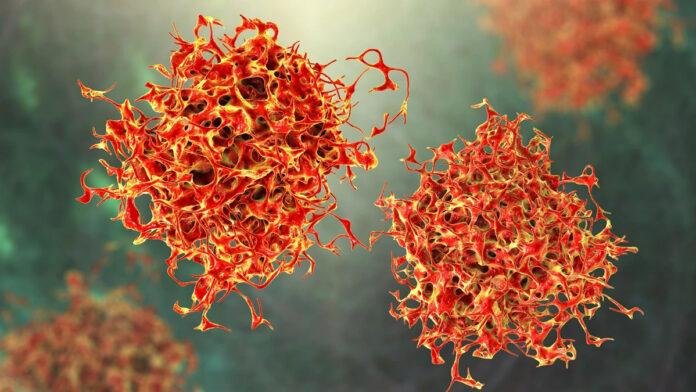A 66-year-old man was cured of Human immunodeficiency virus (HIV) and blood cancer after he went through a stem cell transplant and has been in remission for 18 months after stopping antiretroviral therapy (ART) for the disease.
Diagnosed with HIV in 1988, he had been on antiretroviral therapy (ART) to control his condition for more than 30 years.
The stem cell transplant was conducted from a donor who was naturally resistant to the virus that causes AIDS, a mechanism that first worked to cure the “Berlin patient”, Timothy Ray Brown, in 2007. The man lived with HIV for over 31 years, the longest of any of the three previous patients with HIV who have gone into remission after receiving a stem cell transplant for blood cancer and HIV.
When the transplant happened, he was 63 years old and was the oldest patient with HIV and blood cancer to undergo a transplant and achieve remission from both conditions.
The information was presented at the head of the International Aids Society’s (IAS) 2022 meeting, which highlights that the case opens up the potential for older patients with HIV and blood cancer to access treatment. Sharon Lewin, the president-elect of the IAS, declaring it a “holy grail” said the case provided “continued hope … and inspiration” for people with HIV and the wider scientific community, although it was unlikely to be an option for most people with HIV due to the risks of the procedure.
“This patient had a high risk for relapsing from AML [acute myeloid leukemia], making his remission even more remarkable and highlighting how the City of Hope provides excellent care treating complicated cases of AML and other blood cancers,” City of Hope hematologist Ahmed Aribi, an assistant professor in the Division of Leukemia said in a statement.
Scientists think the process works because the donor individual’s stem cells have a specific, rare genetic mutation which means they lack the receptors used by HIV to infect cells.
After the transplant three and a half years ago, which followed chemotherapy, the City of Hope patient stopped taking ART in March 2021. He has now been in remission from both HIV and leukemia for more than a year, the team said.
On Wednesday, researchers in Spain also presented details of a 59-year-old woman who is one of a rare group of what is known as “post-treatment controllers”. They can maintain undetectable viral loads after stopping ART, and also provide clues to a potential cure, Lewin said.




